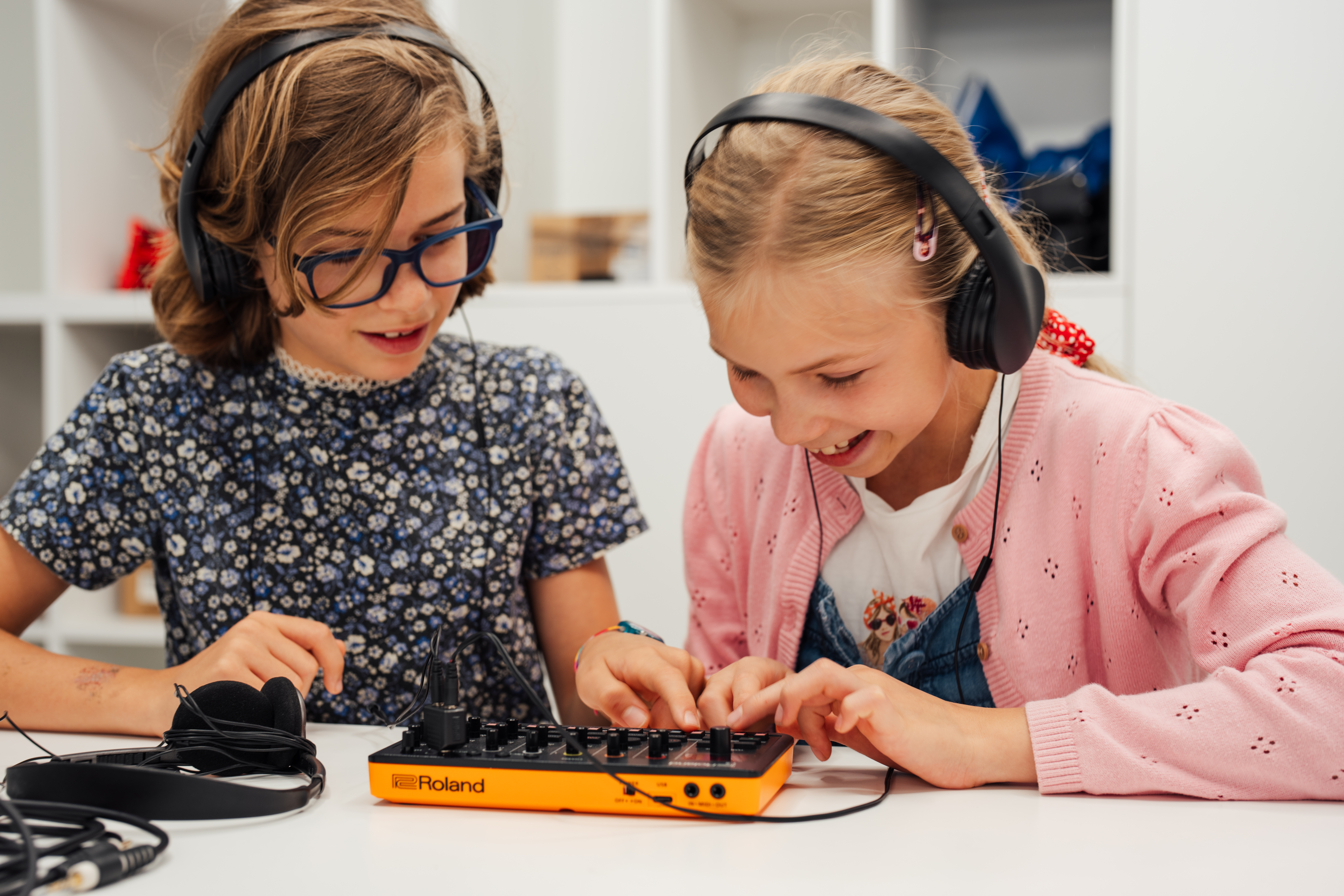The IB Primary Years Programme (PYP) for children aged 3 - 11 nurtures and develops young students as caring, active participants in a lifelong journey of learning.
The PYP offers an inquiry-based, transdisciplinary curriculum framework that builds conceptual understanding. It is a student-centred approach to education for children aged 3-11. It reflects the best of educational research, thought leadership and experience derived from IB World Schools.
The PYP focuses on the development of the whole child as an inquirer, both in school and in the world beyond.
The PYP has evolved to become a world leader in future-focused education. The PYP is an example of best educational practice globally, responding to the challenges and opportunities facing young students in our rapidly changing world.
PYP Curriculum Framework
PYP students use their initiative to take responsibility and ownership of their learning. By learning through inquiry and reflecting on their own learning, PYP students develop knowledge, conceptual understandings, skills and the attributes of the IB Learner profile to make a difference in their own lives, their communities, and beyond.
The framework emphasises the central principle of agency, which underpins the three pillars of school life:
- The Learner: Describes the outcomes for individual students and the outcomes they seek for themselves (what is learning?)
- Learning and Teaching: Articulates the distinctive features of learning and teaching (how best to support learners?)
- The Learning Community: Emphasises the importance of the social outcomes of learning and the role that IB communities play in achieving these outcomes (who facilitates learning and teaching?)
Embedded in the framework is the recognition of the importance of fostering an individual's self-efficacy. Students with a strong sense of self-efficacy are active in their own learning and take action in their learning community.

Good To Know - Primary Years Programme
The PYP focuses on the development of the whole child as an inquirer, both in school and in the world beyond. The PYP offers a transformative experience for students, teachers and whole school communities and delivers excellent outcomes by providing an education that is internationally-minded, engaging, relevant, challenging and significant.
PYP learners know how to take ownership of their learning, collaborating with teachers to deepen understanding and increase their confidence and self-motivation. Through actively engaging in the integrated ongoing assessment they become effective, self-regulated learners who can act on constructive feedback.
Guided by six transdisciplinary themes of global significance, students broaden their learning by developing their conceptual understandings, strengthening their knowledge and skills across, between and beyond subject areas.
The International Baccalaureate® (IB) learner profile describes a broad range of human capacities and responsibilities that go beyond academic success.
They imply a commitment to help all members of the school community learn to respect themselves, others and the world around them.
Each of the IB's programmes is committed to the development of students according to the IB learner profile.
The profile aims to develop learners who are:
- Inquirers: We nurture our curiosity, developing skills for inquiry and research. We know how to learn independently and with others. We learn with enthusiasm and sustain our love of learning throughout life.
- Knowledgeable: We develop and use conceptual understanding, exploring knowledge across a range of disciplines. We engage with issues and ideas that have local and global significance.
- Thinkers: We use critical and creative thinking skills to analyse and take responsible action on complex problems. We exercise initiative in making reasoned, ethical decisions.
- Communicators: We express ourselves confidently and creatively in more than one language and in many ways. We collaborate effectively, listening carefully to the perspectives of other individuals and groups.
- Principled: We act with integrity and honesty, with a strong sense of fairness and justice, and with respect for the dignity and rights of people everywhere. We take responsibility for our actions and their consequences.
- Open-minded: We critically appreciate our own cultures and personal histories, as well as the values and traditions of others. We seek and evaluate a range of points of view, and we are willing to grow from the experience
- Caring: We show empathy, compassion and respect. We have a commitment to service, and we act to make a positive difference in the lives of others and in the world around us.
- Risk-takers: We approach uncertainty with forethought and determination; we work independently and cooperatively to explore new ideas and innovative strategies. We are resourceful and resilient in the face of challenges and change.
- Balanced: We understand the importance of balancing different aspects of our lives—intellectual, physical, and emotional—to achieve well-being for ourselves and others. We recognize our interdependence with other people and with the world in which we live.
- Reflective: We thoughtfully consider the world and our own ideas and experience. We work to understand our strengths and weaknesses in order to support our learning and personal development.
Pre- and After-School Care at ISR
ISR now offers Pre- and After School care.
This programme is available to ISR and non-ISR students but preference will be given to ISR students.
| Pre-School Care (PSC) | ||
|---|---|---|
| Mondays-Fridays | 08:00 - 80:30 | 08:15 - 08.30 |
| After School Care (ASC) | ||||
|---|---|---|---|---|
| Mondays-Fridays | 15:20 - 17:00 | 15:20 - 18:00 | 16:25 - 17:00 | 16:25 - 18:00 |
The ASC offers different creative activities which may include activities that are linked to STEAM (science, technology, engineering, arts, and mathematics). Students may also take part in games, and be given homework support which can be facilitated in small groups. A nutritious snack will also be provided to all students.
For more information, fees and to register for these programmes please refer to the document below.
If you would like to receive more information about the programme, please send an e-mail to Ms Peaches Lewis [email protected].

